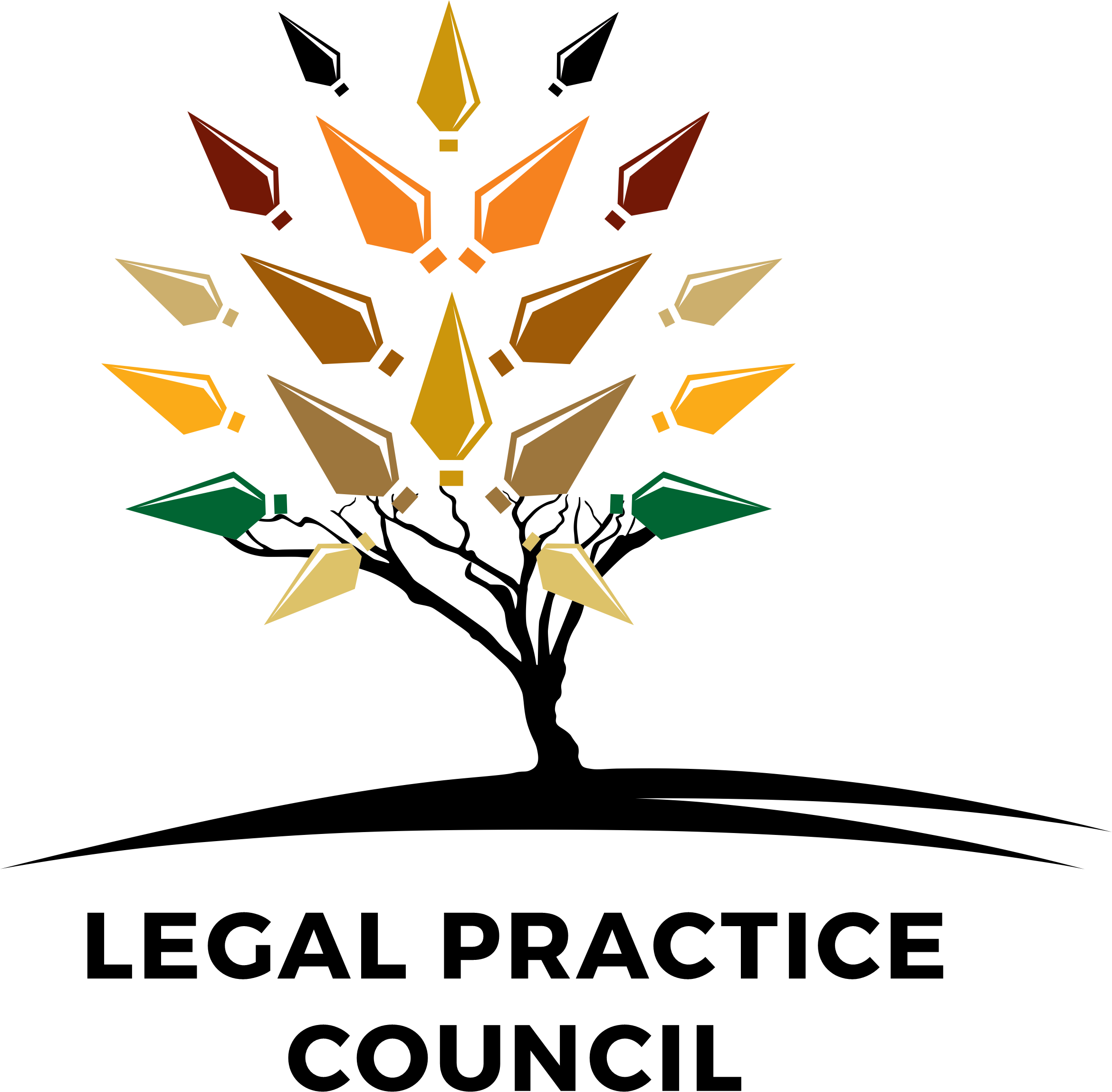Advisory 2 COVID-19
Practitioners are referred to the Council’s Advisory of 9 March 2020.
Since then the President has announced significant measures to stem the spread of the virus, and all practitioners are urged to follow advice given by the Government and health experts. You are urged to remain vigilant in regard to communications from the Judges President and officials of other courts regarding attendance at courts, and to do everything reasonably possible to ensure that clients are kept informed and suffer as little prejudice as possible as a result of all the disruptions that will result from COVID-19.
Your attention is also drawn to the legal obligations that employers, such as law firms, have to both employees and third parties, and the obligations that employees have to their employer and third parties. For example, section 8 of the Occupational Health and Safety Act, 1993 (OHSA) provides that every employer is obliged to provide and maintain, as far as reasonably practicable, a working environment that is safe and without risks to the health of its employees. Employers must take such steps as may be reasonably practicable to eliminate or mitigate any hazard or potential hazard to the safety or health of employees, before
resorting to personal protective equipment, and must provide such information, instructions, training and supervision as may be necessary to ensure, as far as reasonably practicable, the health and safety at work
of its employees.
Further, section 9 of OHSA provides that every employer shall conduct its undertaking in such a manner as to ensure, as far as reasonably practicable, that persons other than those in its employment who may be directly affected by its activities are not exposed to hazards to their health or safety.
OHSA also imposes a duty on employees to take reasonable care for their own health and safety and that of other persons who may be affected by their actions or omissions. They must co-operate with the employer
to enable a duty imposed by the employer to be complied with. Employees must accordingly obey the health and safety rules and procedures laid down by the employer and carry out any lawful orders given in this
regard. Employees who act in violation of such rules or who disobey reasonable and lawful instructions in this regard may be subjected to appropriate disciplinary action.
In terms of section 14(d) of OHSA, if an employee becomes aware of a situation that is unsafe or unhealthy, s/he must report such a situation to the employer as soon as practicable. This includes any suspicion, in the
circumstances that we all now face, that a fellow-employee, client or other person exhibits flu-like symptoms or is running a fever.
In terms of the OHSA General Safety Regulations an employer may not permit a person to enter a workplace where the health or safety of such person is at risk or may be at risk, unless the person enters the workplace with the express or implied permission of and subject to the conditions laid down by the employer.
An employer is entitled to post a notice on its premises, if necessary in the interests of health and safety, prohibiting the entry of unauthorised persons, and no person may enter or remain at the premises without the permission of the employer.
These provisions entitle employers to impose rules for entry into their premises in order to ensure health and safety, and they may legitimately exclude persons who do not abide by these rules from entering the workplace.
In the light of Covid-19, a legitimate requirement for entry may be requiring the disclosure of recent international travel and if so, subjecting the individual concerned to a temperature test. The privacy of the
individual should be respected in conducting the test, and this must be done with the individual’s informed consent. Consent does not need to be given in writing, but it is advisable to obtain written consent for purposes of proof. The manner in which the test is conducted must be as non-invasive as possible, and temperature screeners as opposed to thermometers placed in one’s ear or mouth are recommended.
If the individual objects to the test, the employer may then legitimately rely on other relevant information at its disposal (e.g. excessive sneezing, coughing, whether the person has recently travelled to a location where
Covid-19 incidents have been reported, etc.) to determine whether or not to allow the person concerned into the premises.
The Environmental Regulations issued in terms of OHSA provide, inter alia, that the employer must ensure that the premises are ventilated in such a way that the air breathed by the employees does not endanger
their safety. Where there is a danger of unsafe air, the employer must provide the employees (and must ensure that they correctly use) respiratory protective equipment of a type that reduces the exposure to the
employee to a safe level. Businesses are therefore required to ensure that the air-conditioning systems at their premises do not expose the employees to the risk of infection.
In terms of the Facilities Regulations issued in terms of OHSA, employers must provide sanitary facilities in accordance with the National Building Regulations and, importantly:
- provide soap or a similar cleansing agent free of charge to its employees. While this must be provided in the sanitary facilities, it is advisable to make tissues and hand sanitizers available in boardrooms
and other public spaces at the workplace; - provide running hot and cold water (or pre-mixed hot and cold water) for wash basins; and
- maintain all rooms and facilities in a clean, hygienic, safe, whole and leak-free condition.
Reliable, credible information on Coronavirus is available from the WHO website and social media pages, the NICD website and social media pages and the Department of Health website and Social Media Pages.
The 24-hour Coronavirus outbreak hotline is :08 000 29999
Ends/
Issued by the Legal Practice Council
Download PDF Here
